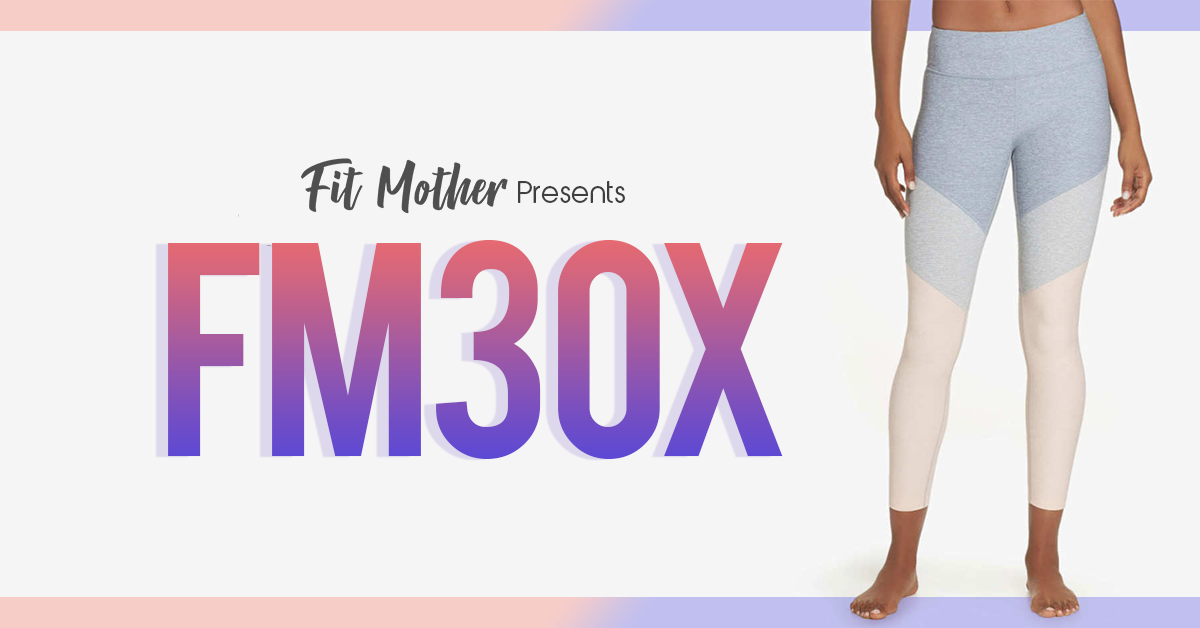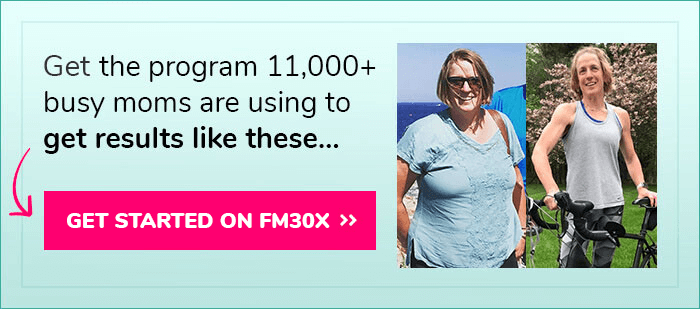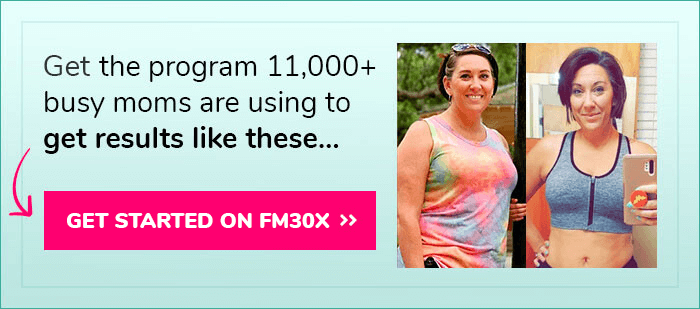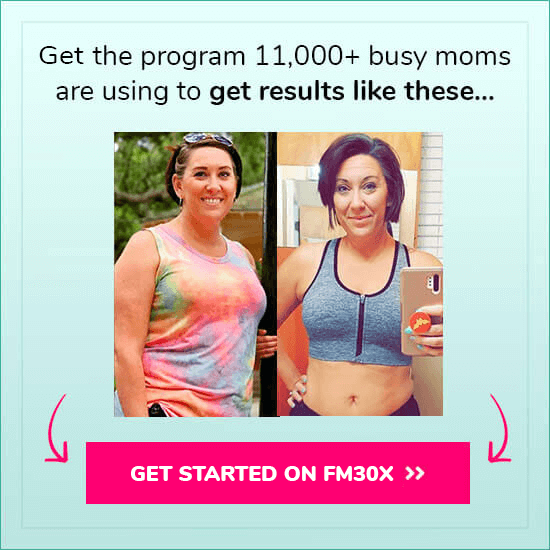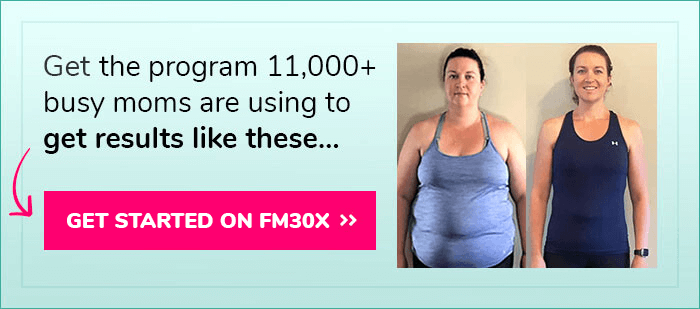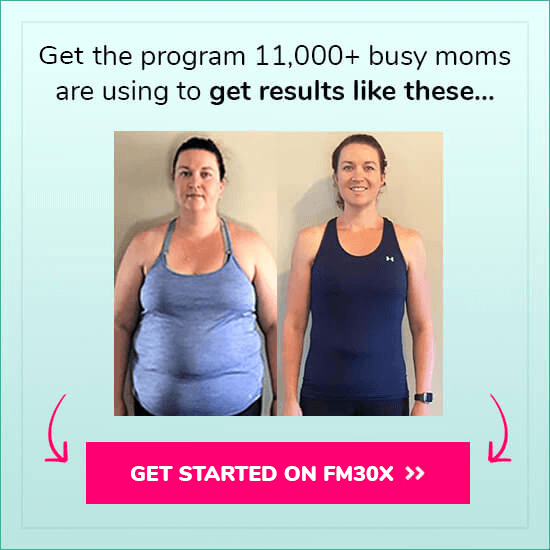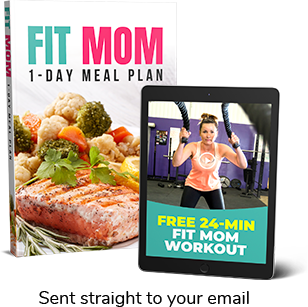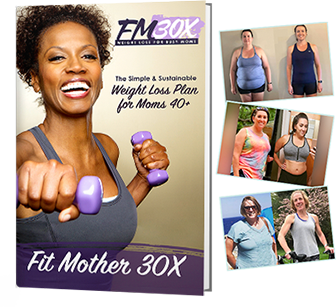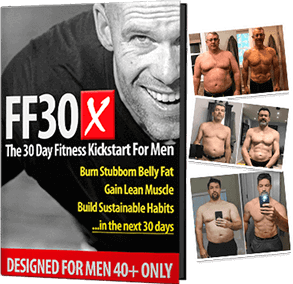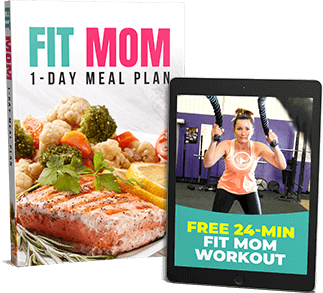If you’ve ever searched or analyzed weight loss programs for women, you’ve probably been left with more questions than answers.
Between TV, social media, and the internet, there is a massive amount of information (and misinformation) out there.
So how do you know which weight loss programs for women actually work and which are junk? And even if a plan is safe, effective, and reliable, how do you know if it's right for YOU?
We're here to help!
We've analyzed several of the most popular weight loss programs for women and have laid out their benefits and drawbacks so you can make an informed decision.
Ready to find out which weight loss programs for women are best for your specific needs?
Before you start any health or fitness plan, make sure you're setting realistic fitness goals. Here's how to do just that!
A Look at Popular Weight Loss Programs for Women
Some popular weight loss programs for women are well-balanced, while others are fad diets designed for a short-term quick fix.
Many fad diets are difficult to maintain long term and lead to rapid weight loss that doesn't last the test of time.
Examples of common weight-loss diets for women and their pros and cons include:
Point-Based Meal Plans
Instead of counting calories, some weight loss programs (such as Weight Watchers) use a point-based system for ease of use.
Studies show these programs are effective for many women but you must learn about and track points the foods you eat.
Point system weight loss meal plans are usually well-balanced and effective when followed properly because they are lower in calories than traditional diets.
Low-Carb Diets
Low-carb diets are often effective for weight loss because they lead to calorie restriction.
While there’s no consensus on what's classified as low-carb, some researchers define low-carb diets as:
- Very low-carbohydrate diets = 20-50 grams daily
- Low-carbohydrate meal plans = less than 130 grams per day
- Moderate-carbohydrate diets = 26-44% of total calories from carbs
- High-carbohydrate meal plans = 45% (or more) of your total calories from carbs
To optimize health and wellness, the Institute of Medicine recommends consuming at least 130 grams of carbs daily and getting 45-65% of your calories from carbohydrates.
This equates to 169-244 grams per day when following a 1,500-calorie meal plan.
If you’re used to eating a lot more carbohydrates than this, lower your intake to 130 grams daily to safely shed pounds.
Foods rich in carbs include:
- Breads, cereals, rice, bagels, and pasta
- Fruits and juices
- Corn, potatoes, peas, lentils, beans, and other legumes
- Milk and yogurt
- Sweets, sugary drinks, and other added sugars
Carbs are necessary to give you energy, fiber, and other essential nutrients needed for optimal health in women.
That’s why drastically cutting carbs for weight loss isn’t usually sustainable or healthy long term.
What are the worst carbs to eat? Here are the most important carbs to avoid for weight loss!
Ketogenic Diets
Ketogenic diets are high-fat, very low-carb diets that may contain just 5% of your total calories from carbohydrates and up to 90% of your calories from dietary fat.
You’ll eat high-fat foods (with some protein-rich foods) like oils, butter, lard, nuts, seeds, avocados, tofu, and fish, and meats.
The reason keto diets work is because over time your body switches from using carbohydrates to fat as fuel, and you’ll likely lower your overall calorie intake as a result of keto diet restrictions.
But classic ketogenic diets are difficult to maintain for many people, put you at risk of nutrient deficiencies, can drain your energy, and may lead to unwelcome side effects like difficulty concentrating, constipation, and mood swings.
If you follow a keto diet for weight loss, choose a modified version that’s lower in carbs and slightly higher in fat than traditional healthy meal plans.
For example, you might obtain 35-40% of your calories from carbs, 35% from fat, and 25-30% from protein.
Low-Fat Diets
Low-fat diets have worked for weight loss in some women by reducing overall daily calorie intakes, as fat provides 9 calories per gram vs. 4 calories per gram in carbs and protein.
However, dietary fat is necessary for all structures and functions within your body.
Studies show that while low-fat diets can aid in weight loss, low-carb diets are more effective for weight loss, fat loss, and lowering cholesterol.
There’s no consistent definition of a low-fat diet, but such diets often provide less than 25% of your daily calories from fat, or fewer than 42 grams daily when eating 1,500 calories for weight loss.
Low-fat diets used to be popular for weight loss, but these diets aren’t necessarily the best choice because dietary fat boosts satiety.
The Institute of Medicine suggests adults get 20-35% of their daily calories from fat.
Numerous healthy foods are rich in this essential nutrient including:
- Plant oils
- Fish oil
- Nuts
- Seeds
- Nut butters
- Avocados
- Olives
Choose a variety of healthy fats at each meal or snack by eating them in place of animal fats, such as high-fat meats, butter, and other full-fat dairy foods.
Learn how to control food addiction and get the food addiction help you need!
Paleo Meal Plans
Paleo diets, or hunter-gatherer diets, include foods the cavemen probably ate during the Paleolithic era millions of years ago.
Foods that make up paleo diets are:
- Vegetables
- Fruits
- Fish and lean meats
- Nuts and seeds
- Fruit and nut oils (olive oil, walnut oil, etc.)
You’ll avoid foods that were common when farming emerged, such as dairy foods, grains, potatoes, beans, and other legumes.
You'll steer clear of added sugars, salt, refined grains, processed meats, and other highly processed foods.
The reason paleo diets often work for weight loss is because they're very restrictive and consist of only nutritious, whole foods.
However, because cavemen diets lack fiber-rich whole grains and legumes, and protein- and calcium-rich dairy foods, it can be difficult to meet your body’s nutritional needs without dietary supplements.
Restrictive diets like paleo diets are usually difficult to sustain long term.
Vegetarian and Vegan Diets
Studies show that vegetarian diets, especially vegan diets, are beneficial for long-lasting weight loss.
Vegetarian diets eliminate meat or other animal foods, depending on which meal plan you chose.
Various forms of vegetarian diets include:
- Pescatarian diets include plant foods, fish, eggs, and dairy foods
- Lacto ovo-vegetarian diets contain plant foods, eggs, and dairy foods
- Lacto-vegetarian diets include plant foods and dairy foods
- Vegan diets consist of only plant foods
Eliminating meat from your diet is a good way to cut calories and reduce your risk of developing certain cancers.
However, vegan diets, which are the most effective vegetarian diets for weight loss, are very restrictive and can be difficult to follow-long term.
Your risk of nutritional deficiencies goes up if you don’t carefully plan vegan menus or take dietary supplements.
This video provides practical nutrition advice in under 3 minutes!
Raw Food Diets
Raw food diets consist of mainly raw, unprocessed, plant-based foods that aren't refined, pasteurized, or treated with chemicals and other additives.
Raw foods dieters believe cooking destroys beneficial food enzymes and essential nutrients, and prepare foods the following way instead:
- Juicing
- Dehydrating
- Blending
- Soaking
- Sprouting
Foods that are part of most raw food diets include:
- Raw fruits and vegetables
- Raw nuts and seeds
- Sprouted, soaked, or raw legumes and grains
- Dried meats and fruits
- Fermented foods (sauerkraut, kimchi, etc.)
- Raw nut butters
- Nut milks
- Cold-pressed oils
Some raw food dieters eat raw eggs, dairy, meat, or fish, but doing so puts you at risk of food-borne illnesses.
Foods to avoid on raw diets are cooked foods, baked or roasted foods, sweets, pastries, other processed snack foods, table salt, pasteurized foods and drinks, coffee, tea, and alcohol.
Because a raw food diet doesn't include junk food, you’ll probably lose weight by following it.
But raw diets are very restrictive and difficult for many people to follow for more than a few weeks.
Let us show you how you can start losing weight this week! We'll email you our free meal plan & workout + email coaching.GET YOUR FREE
“FIT MOM” JUMPSTART
(MEAL PLAN + WORKOUT)
Meal Replacement Shake Plans
Meal replacement shake plans substitute one or more meals with nutrition protein shakes to cut calories for weight loss.
The concept of the diet is making weight loss simple by drinking a shake for breakfast and lunch, and eating a well-balanced nutritious dinner.
Meal replacement shake diets are designed with convenience in mind.
You’ll rarely have to cook or prepare meals when following them.
But weight loss shakes can be expensive and you might get tired of them after a while.
Instead of drinking shakes for breakfast and lunch, replace just one meal or snack daily with one of these homemade protein shake recipes!
How much protein do we need per day? Calculate your daily protein intake!
Very Low-Calorie Diets (VLCDs)
Very low-calorie diets (VLCDs) contain just 500-800 calories daily and are designed for rapid weight loss in people who are obese with immediate chronic disease risks.
You can lose 3-5 pounds weekly when following a VLCD, but your doctor should closely monitor you when following it to assess you for health problems and nutrient deficiencies.
For example, you might experience low potassium, fatigue, nausea, constipation, hair loss, or even gallstones while on the diet.
Very low-calorie diets aren’t designed as a long-term solution for obesity, but rather a short-term quick fix as a disease prevention strategy.
Avoid dropping below 1,200 calories daily unless you talk with your doctor first.
Mediterranean Diets
Mediterranean diets are heart-healthy meal plans associated with reduced chronic disease risks and lower body weights.
Studies show that Mediterranean diets result in greater weight loss than low-fat diets, and are comparable with low-carb diets over a weight-loss period of 12 months.
Mediterranean diets are rich in the following foods:
- Fruits
- Vegetables
- Whole grains
- Nuts
- Fish
- Low-fat dairy foods
- Olive oil
- Herbs
- Red wine (in moderation) or purple grape juice
While following the Mediterranean diet you’re discouraged to eat red meat (or limit it as much as you can), sweets, sugary drinks, and other highly processed foods.
The diet works well for lowering disease risks and weight loss when you reduce your overall calorie intake.
The U.S. Department of Agriculture Dietary Guidelines for Americans 2020 provide Mediterranean diet meal plans at different calorie allotments.
Based on these guidelines, weight loss Mediterranean menus for women (containing 1,200-1,600 calories daily) include:
- 1 1/2-2 cups of vegetables
- 1-2 cups of fruit
- 4-5 ounces (1/2-cup servings) of grains
- 2 1/2 cups of dairy foods or plant milks
- 3-5 1/2 ounces of protein foods
- 4-5 teaspoons of oils or other healthy fats
You can use this meal plan or create your own when following a Mediterranean diet for weight loss.
Fit Mother Project is the first sustainable health & weight loss program designed exclusively for busy mothers just like you... FM30X is the first sustainable weight loss program designed exclusively for *busy* mothers like you... JOIN OUR fit
mother
PROGRAM (FM30X)JOIN OUR FIT MOTHER 30X PROGRAM
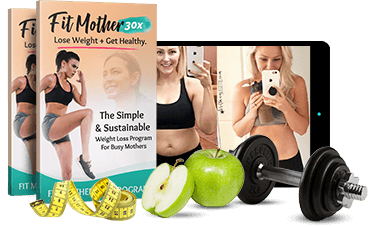
The Fit Mother Project 30X (FM30X)
Of course, we saved the best for last!
The Fit Mother Project 30X, or FM30X, is a weight loss plan for busy moms of all ages seeking weight loss, fat loss, more energy, and a better quality of life!
It’s designed after Fit Father 30X (FF30X) that’s helped thousands of busy fathers get and keep lost weight off indefinitely.
FM30X is backed by research with proven success for women of all ages!
Unlike other popular fad diets, FM30X is a well-balanced, sustainable way of eating.
It uses healthy eating principles with a holistic mindset, focusing on natural ways to reduce diseases.
FM30X provides you with muscle-building, fat-burning workouts to boost your body’s metabolism and improve overall health and wellness.
When you sign up for FM30X you’ll receive custom meal plans and workouts, menus, recipes, weekly newsletters, Fit Mom Facebook access and support, and health coaching from experts to keep you on the path toward a healthier life.
Try it today by signing up for the FREE Fit Mom 3-Day Weight Loss Jumpstart!
The “All or Nothing” mindset is not the best weight loss mindset to have if you want to get real results. Here's why.
How to Choose the Right Weight Loss Program for Women
The weight loss program that’s right for you depends on how much you weigh and your preferences.
If rapid weight loss is essential for immediate disease risk reduction, ask your doctor about following a medically supervised VLCD.
Well-balanced, reduced-calorie meal plans are usually best because these diets are nutritious, don't produce side effects, and are sustainable for a lifetime.
When you’re ready to give FM30X a try, sign up for the FREE Fit Mom 3-Day Weight Loss Jumpstart! You’ll receive a FREE weight loss meal plan, FREE metabolism-boosting workout, FREE email coaching support, and much more! Give it a try!
Erin Coleman is a registered and licensed dietitian with over 15 years of freelance writing experience.
She graduated with her Bachelor of Science degree in nutritional science from the University of Wisconsin-Madison, and completed her dietetic internship at Viterbo University in La Crosse, Wisconsin.
Prior to beginning her career in medical content writing, Erin worked as Health Educator for the University of Wisconsin-Madison Department of Internal Medicine.
Her published work appears on hundreds of health and fitness websites, and she’s currently working on publishing her first book! Erin is a wife, and a Mom to two beautiful children.
If you’re a busy mom who wants to finally lose weight, get healthy, and actually keep the pounds off for good, this is the simple program you’ll love sticking to…
If you’re a busy mom who wants to finally lose weight, get healthy, and actually keep the pounds off for good, this is the simple program you’ll love sticking to…
Fit Mother Project is the answer you’ve been looking for. Inside the program, you’ll receive:
- The simple & delicious Fit Mother Meal Plan with easy recipes for you and your family.
- The metabolism-boosting Fit Mother Project workouts to kickstart your metabolism for fast fat burning.
- VIP email coaching where we’ll personally walk you through the program.
Our Fit Mother 30X Program (FM30X) is the answer you’ve been looking for. Inside FM30X, you’ll receive:
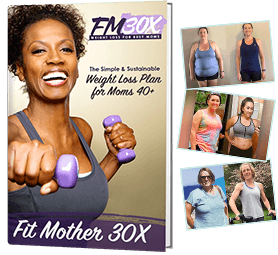
- The simple & delicious Fit Mother Meal Plan with easy recipes for you and your family.
- The metabolism-boosting Fit Mother 30X Workout (under 90 min/week) to kickstart your metabolism for fast fat burning.
- VIP email coaching where we’ll personally walk you through the program.

*Please know that weight loss results & health changes/improvements vary from individual to individual; you may not achieve similar results. Always consult with your doctor before making health decisions. This is not medical advice – simply very well-researched info on weight loss programs for women.

